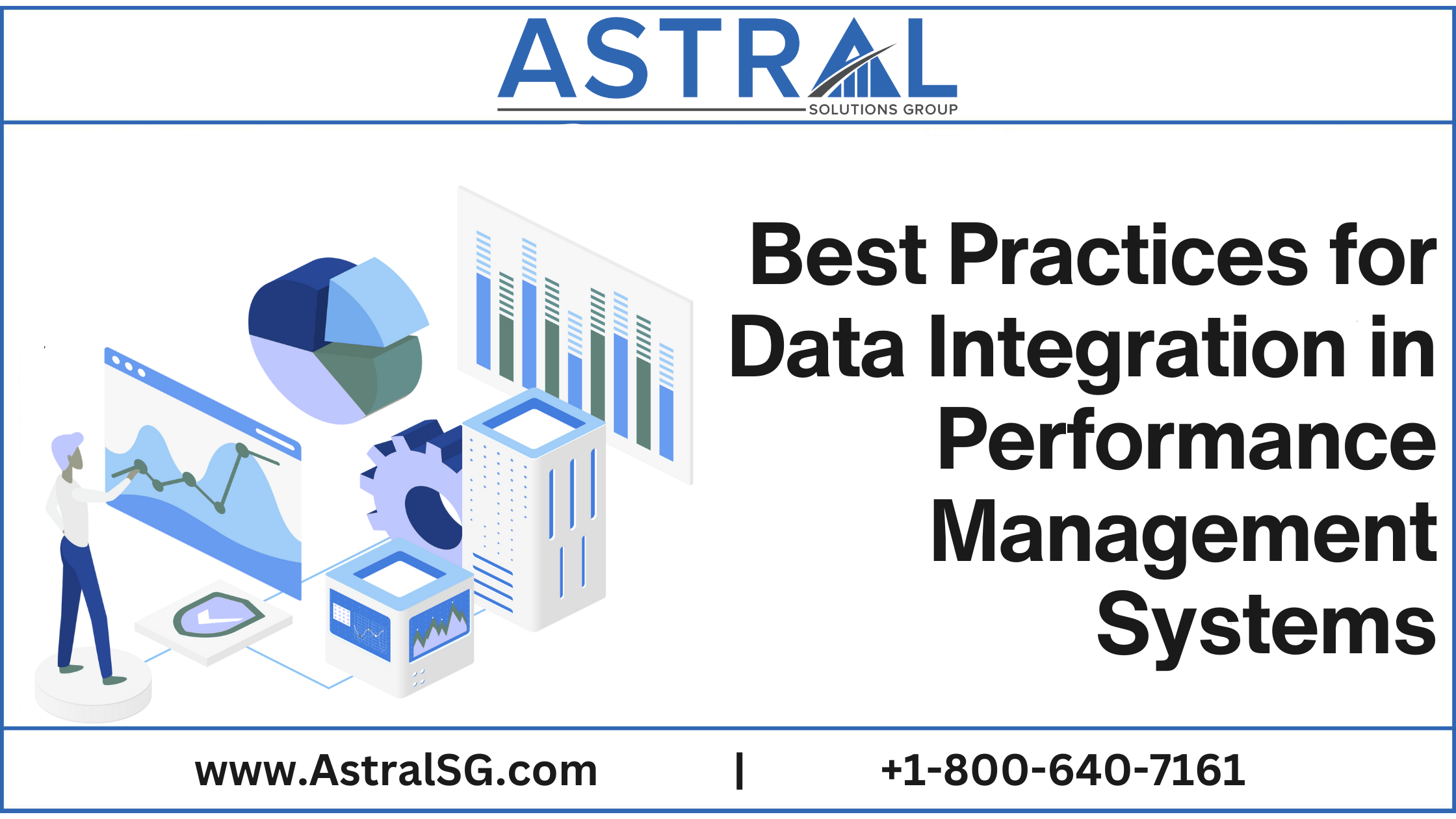
In today’s data-driven world, organizations rely on corporate performance management (CPM) systems to track key metrics, optimize workflows, and enhance decision-making. However, the effectiveness of these systems depends on seamless data integration from multiple sources. Here are the best practices to ensure smooth and efficient data integration in performance management systems.
1. Define Clear Data Integration Goals:
Before integrating data, identify key objectives such as real-time performance tracking, data accuracy, or improved reporting. A well-defined goal ensures alignment with business needs
2. Use Standardized Data Formats:
Adopt standardized formats across all data sources to prevent inconsistencies.
3. Ensure Data Accuracy and Consistency:
Implement data validation checks to eliminate errors and duplicates. Regular audits and cleansing routines help maintain high data quality.
4. Leverage Automation and ETL Processes:
Use Extract, Transform, Load (ETL) tools to automate data extraction from various sources, transformation into usable formats, and loading into the CPM Systems. This reduces manual effort and improves efficiency.
5. Implement Real-Time Data Synchronization:
Integrate real-time data sync mechanisms, and event- driven architectures, to make timely decisions. This ensures instant updates across platforms.
6. Maintain Data Security and Compliance:
Protect sensitive performance data with encryption, access controls, and compliance with standards. Secure integration prevents breaches and maintains trust.
7. Scalability and Flexibility:
Choose integration solutions that scale with business growth. Cloud-based and modular systems offer flexibility to adapt to changing requirements.
8. Enable Cross-System Compatibility:
Ensure compatibility between HR systems, finance tools, and business intelligence platforms to facilitate holistic analysis.
9. Regular Monitoring and Maintenance:
Continuous monitoring helps detect integration failures early. Set up alerts and conduct periodic reviews to refine data integration processes.
10. Engage Stakeholders in the Process:
Align data integration strategies with organizational goals by involving IT teams, HR, and business leaders. A collaborative approach enhances adoption and success.
By following these best practices, businesses can maximize the value of their corporate performance management systems, leading to data-driven insights and improved decision-making.




